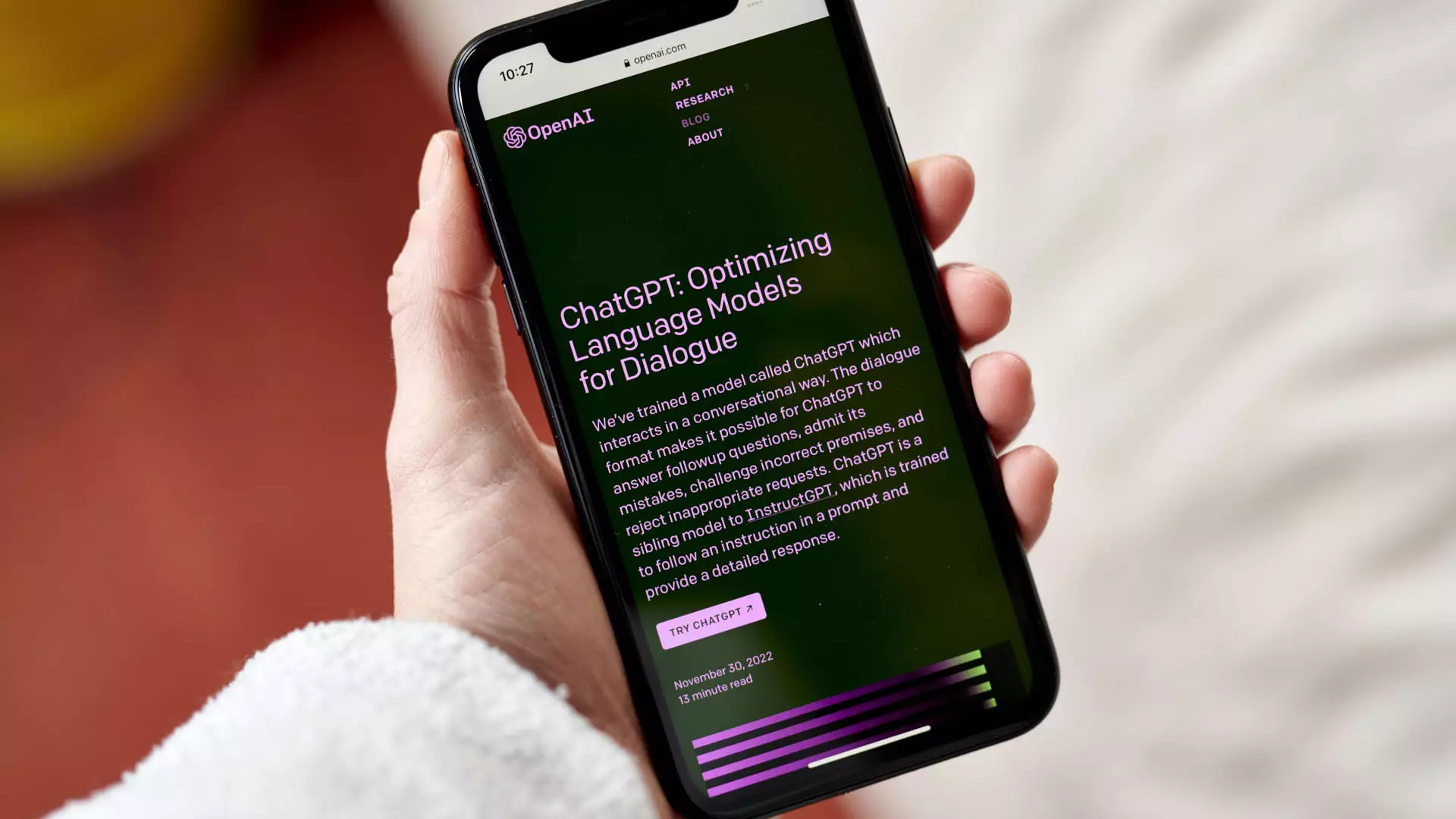The introduction of artificial intelligence has the potential to significantly increase labor productivity, as seen in the case of Klarna, a financial services provider. The company’s AI assistant tool is estimated to increase profit outcomes by $40 million by 2024. This tool is capable of performing tasks equivalent to 700 full-time agents, showcasing the efficiency and effectiveness of AI in the workforce.
The U.S. government has recognized the importance of adapting to the rise of artificial intelligence and is considering new laws to regulate its impact on society. Congress has engaged in discussions with high-profile tech executives from companies like OpenAI to better understand the risks and benefits of AI technology. However, compared to the European Union, the U.S. regulatory environment appears to be more relaxed, which raises concerns about potential challenges in innovation and entrepreneurship.
Challenges and Concerns About AI
Economists have raised concerns about the potential impact of artificial intelligence on job prospects, particularly for white-collar workers. Studies suggest that a significant portion of work in advanced economies could be at risk of automation due to the widespread adoption of AI. Lawmakers in New York have proposed the idea of implementing robot taxes to mitigate the impact of tech-driven layoffs. However, the optimal rate for such taxes remains a subject of debate, with some arguing for a relatively low rate to balance productivity and economic growth.
Experts like Erik Brynjolfsson suggest that there will come a time when robots can perform the majority of tasks currently done by humans. This shift towards automation raises questions about the future of work and the role of AI in driving technological growth and productivity. While AI has the potential to revolutionize industries and increase efficiency, it also poses challenges in terms of workforce displacement and regulatory oversight.
The rise of artificial intelligence presents both opportunities and challenges for society and the economy. The U.S. government’s response to regulating AI will be crucial in addressing potential risks and ensuring that the benefits of this technology are leveraged effectively. As AI continues to transform various industries, it is essential for policymakers, businesses, and individuals to adapt and prepare for a future where human labor and artificial intelligence coexist.


Leave a Reply